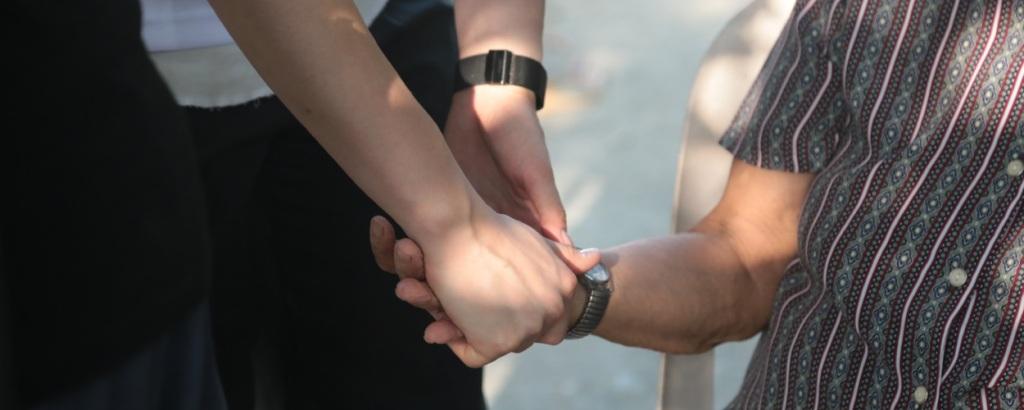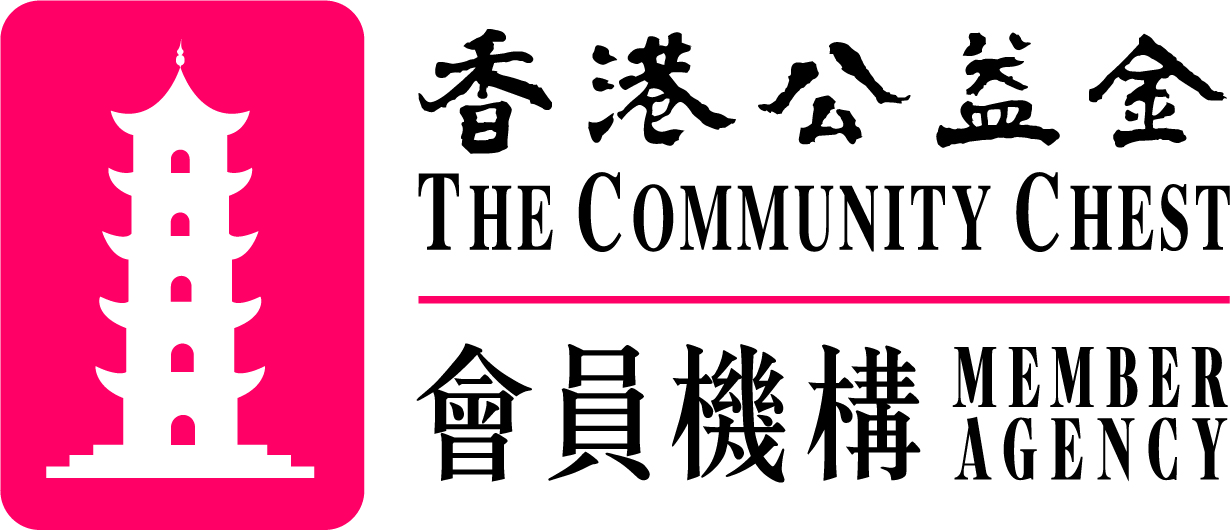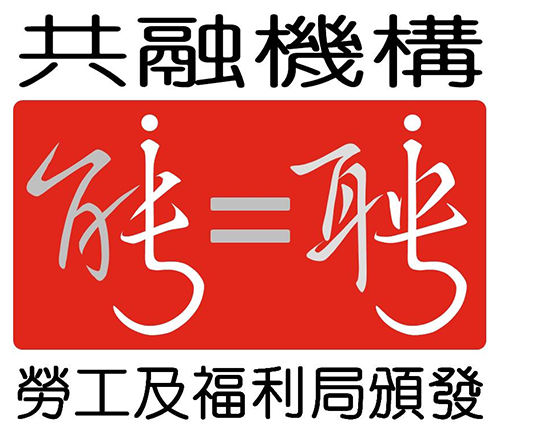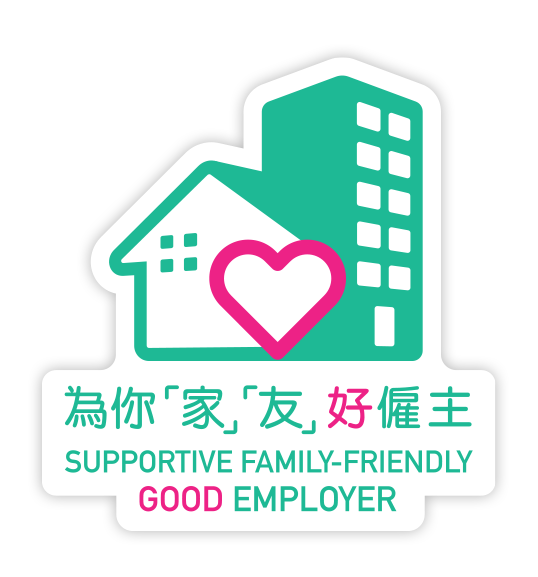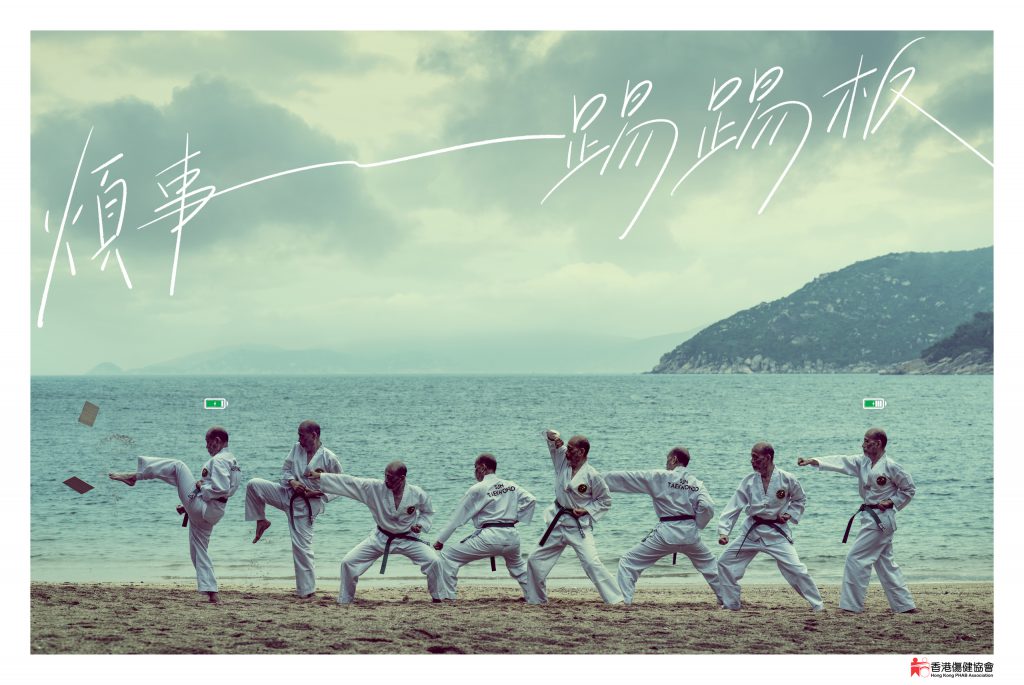
As people grow older, their bodies tend to cause trouble. Different ailments strike, and there's always a part of the heart, liver, spleen, lungs, or kidneys acting up. Joints and muscles ache and tighten, causing annoyance!
Not everyone can face the decline of their bodies. Some refuse to acknowledge aging and continue indulging in worldly pleasures. Others lament their fate, even excessively fearing it, stocking their homes with health products. Pak Fai, 67 years old with a white beard, appears fresh-faced and stands tall with a youthful spirit. He accepts the unchangeable with an open mind while actively confronting what can still be altered.
"Perhaps I've seen too much. I had poor eating habits when I was young, and even in old age, I often went out drinking. When winter comes, I experience asthma..." Before retiring, he worked as an ambulance attendant, familiar with the cycle of life, sickness, and death.
During his early twenties, he experienced his first shift, where the patient "died in his hands." In his thirties, he frequently suffered from lower back pain due to improper lifting of patients. In his forties, he began exercising to prevent muscle loss and confront the reality of aging.
"The body will inevitably deteriorate, and you can't choose that, but what I can do is prevent it from deteriorating too quickly." After retiring at the age of 55, he actively engaged in sports, particularly enjoying swimming and hiking. However, during a mountain descent, he got carried away and collided with something, resulting in a shattered meniscus in his right knee, requiring surgery to remove the fragments.
"There's no way around it. Once injured, you can't turn back. The doctor told me to avoid steep slopes, so I stopped hiking." Sometimes fate has other plans. Is this accepting one's destiny?
"I attended a lecture where a professor said something like this: Life is sometimes like eating conveyor belt sushi. What you like and what you dislike will both appear in front of you. If you resist, they will still persist. So just accept their existence."
While accepting his fate, Pak Fai remains exceptionally proactive. His way of coexistence lies beyond fate and involves personal calculations. Knowing that he will eventually need a knee replacement, which only lasts 20 years, he strives to maintain his health to avoid another surgery in old age. He has delayed the operation for ten years since his injury, and he says he has "gained."
Unable to hike, he joined the Stanley/Shek O Neighbourhood Elderly Centre operated by the Hong Kong PHAB Association. In recent years, he has learned taekwondo, focusing on strengthening the lower body.
"Kicks in taekwondo can train hand-foot coordination, cultivate balance and distance sense, and most importantly, exercise the lower limbs, mobilizing the hip and knee joints and training the strength of the thighs. Many elderly people struggle to board minibus because their lower limbs lack strength." Of course, elderly individuals cannot perform high kicks like young people. Pak Fai believes in moderation and working within one's capabilities, avoiding comparisons.
"Many older people compare themselves with others and push beyond their limits, often resulting in injuries." Pak Fai doesn't carry this burden; he says, "Because of my work as an ambulance attendant, I'm used to being scolded, so I'm not afraid of looking bad or being weak."
Speaking of "not being afraid of looking bad," he laughs about an embarrassing incident while volunteering at the elderly center. "I was invited by the staff to socialize with other volunteers, so I went to play board games with a group of elderly ladies. one of them scolded me, saying 'I don't play with men.'” After some time, we have been playing together and we get along well.
Not afraid of looking bad, not afraid of being weak—thus, not afraid of growing old. That's how Pak Fai sums it up—simple, relaxed, and carefree.
"Dear Myself" Self-care Promotion Campaign: http://phab.hk/dearmyself

